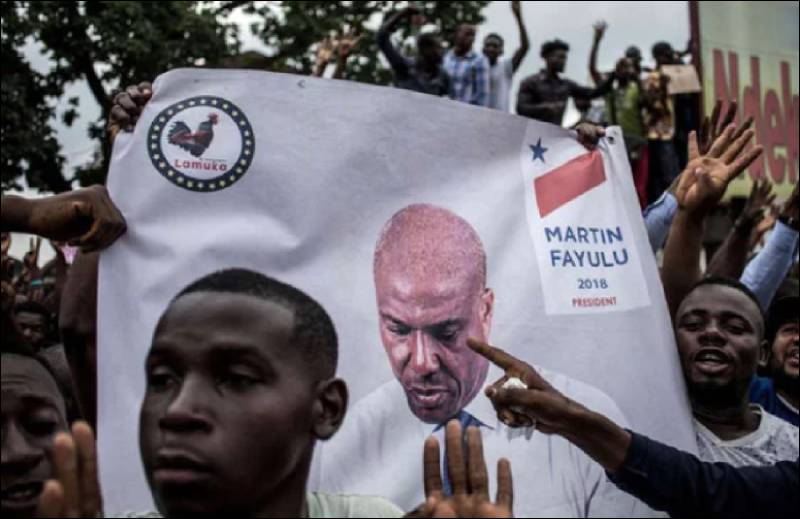
The presidential election results in the Democratic Republic of the Congo (DRC) were released on Thursday and Felix Tshisekedi declared the winner. The contentious result has just added to the chaos, cancellations, postponements, delays and irregularities that have marred the polls.
The ballot was two years late as Joseph Kabila had tried every possible means to extend his years in power. He agreed to step down and settled on an election date of December 23, 2018. The Electoral Commission (CENI) however postponed the vote up until December 30th while deferring the ballot for 1.25 million voters for three months citing Ebola and insecurity.